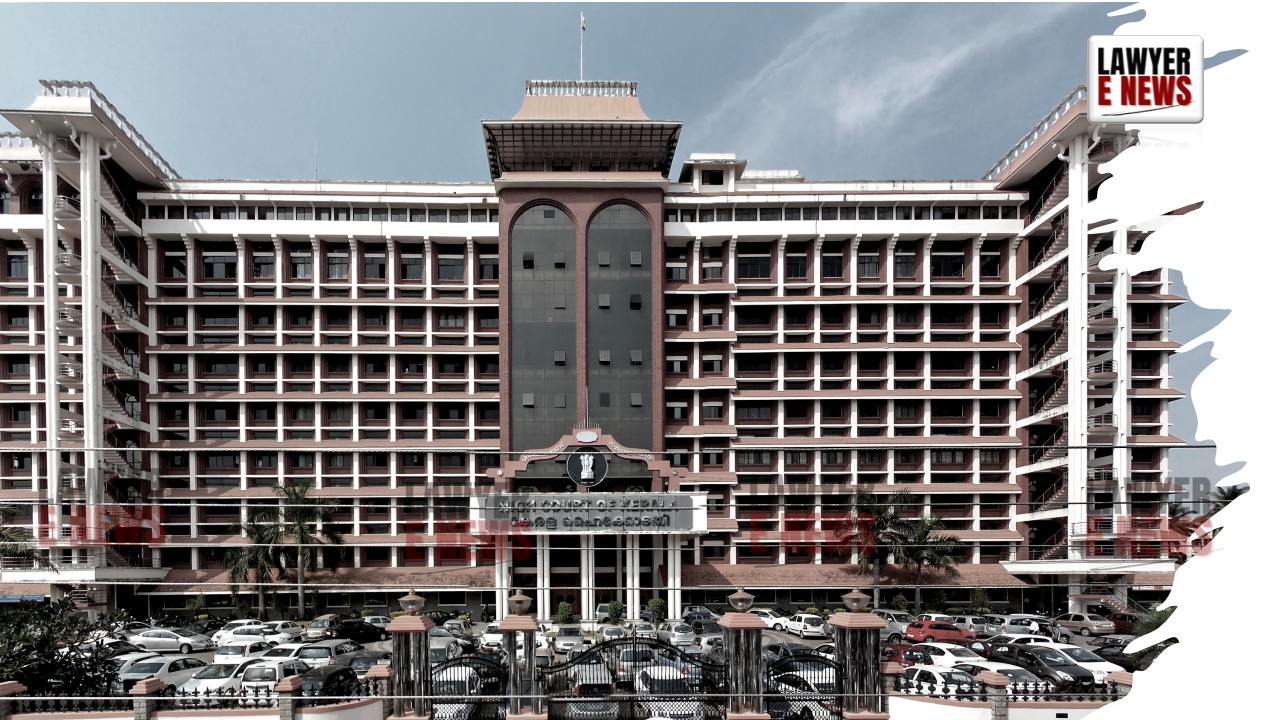-
by Admin
15 February 2026 5:01 PM



Criminal law cannot be used to harass public servants in the absence of prosecution sanction. Mere financial discrepancies in administrative management do not amount to a criminal offence unless fraudulent intent is established. In a major ruling, the Kerala High Court quashed criminal proceedings against C.T. Maggi, a retired school Headmistress, who was accused of misappropriating school funds related to the Parent-Teacher Association (PTA) and Noon Meal Scheme.
Justice P.G. Ajithkumar, ruling on a petition filed under Article 227 of the Constitution, set aside the Special Court’s order directing further investigation and quashed FIR No. 17/2012, holding that:
“Prosecution sanction is mandatory for proceeding with the case. In its absence, further proceedings are void and liable to be quashed.” [Paras 8-9]
The Court also held that the Special Court acted beyond its jurisdiction by ordering further investigation despite the absence of evidence and the government’s refusal to grant sanction for prosecution.
"Further Investigation Without Prosecution Sanction is an Abuse of Process"
The case stemmed from allegations that C.T. Maggi, as Headmistress, had failed to maintain proper accounts of school funds, leading to an alleged discrepancy of ₹31,545. A departmental inquiry had already resulted in a major penalty and recovery of ₹39,823 from her salary.
The Special Court, however, ordered further investigation into the case. The Kerala High Court set aside this order, stating: “The Special Court failed to consider that the competent authority had refused prosecution sanction. Without sanction, the court could not have proceeded with the complaint.” [Paras 7-9]
"Mere Financial Irregularities Do Not Amount to a Criminal Offence"
The Court ruled that financial discrepancies in administrative management do not amount to criminal misconduct unless fraudulent intent is proven. It observed:
“The petitioner was accused of financial mismanagement, not fraud. In the absence of dishonest intent, criminal charges cannot be sustained.” [Paras 5-6]
Referring to State of Haryana v. Bhajan Lal (1992 Supp (1) SCC 335), the Court reiterated that criminal proceedings should not be initiated where allegations do not prima facie disclose an offence.
"Special Court Lacked Jurisdiction to Order Further Investigation"
The High Court also criticized the Special Court for directing further investigation even after a final report had been submitted. It noted: “When the Special Court had already decided to proceed with the complaint on its own, ordering further investigation was improper and beyond its jurisdiction.” [Para 9]
It further held that: “Unless the order refusing prosecution sanction is annulled, the case cannot proceed. The Special Court disregarded this legal barrier.” [Para 10]
The ruling reaffirmed the principle set in Vasanti Dubey v. State of Madhya Pradesh (2012) 2 SCC 731, where the Supreme Court held that: “A Special Court cannot direct reinvestigation when prosecution sanction is lacking. Such an order results in sheer abuse of the process of law and harassment of the accused.”
"Criminal Law Cannot Be Used to Harass Retired Public Servants"
The Court strongly condemned the misuse of criminal proceedings against public servants, particularly when departmental action had already been concluded. It observed:
“Subjecting a retired Headmistress to criminal proceedings, after departmental recovery, is an abuse of process and must not be allowed.” [Paras 10-11]
Relying on P. Sirajuddin v. State of Madras (1970) 1 SCC 595, the Court emphasized that criminal prosecution against public servants should be initiated only after due diligence and proper sanction.
FIR and Proceedings Quashed
In light of the above findings, the High Court quashed the FIR and all proceedings against C.T. Maggi, ruling that:
Prosecution sanction is mandatory; without it, proceedings are void.
Mere financial irregularities do not amount to a criminal offence.
The Special Court acted beyond its jurisdiction in ordering further investigation.
Criminal law should not be misused to harass retired public servants.
This judgment is expected to set a strong precedent against unjust criminal prosecution of government officials for administrative lapses, ensuring that public servants are not unfairly harassed through criminal proceedings.
Date of Judgment: January 31, 2025
